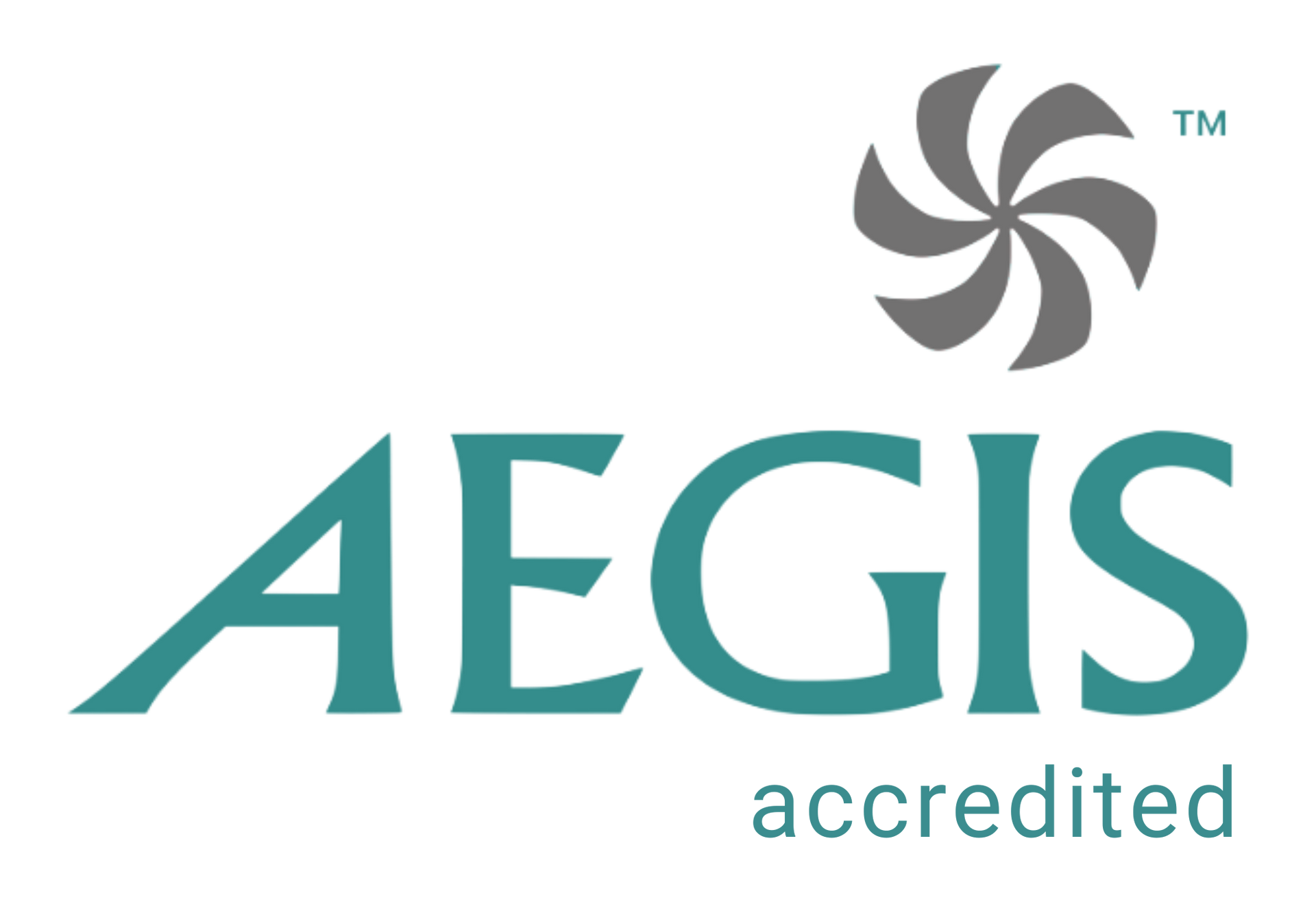
13 Plus Exam (13+ Exam)
What is the 13 Plus Exam (13+ Exam)?
Grammar and independent schools have historically maintained rigorous selectivity, admitting primarily the most academically gifted students. The 13 Plus Exam (13+) is generally seen as a second opportunity to secure admission to a grammar or independent school and is available in specific UK regions. Students can sit for the 13 Plus Exam in Year 7 or Year 8. Since it occurs after the 11 Plus Exam, students benefit from additional time for preparation and revising challenging topics. It's worth noting that the 13 Plus Exam is not as widespread as the 11 Plus Exam and isn't universally accepted by all grammar or independent schools.
As the name implies, the 13 Plus Exam is typically taken at age 13, during Year 8, and is often referred to as a late transfer test. Its purpose is to determine eligibility for entry into Year 9 at the school.
Unlike the 11 Plus Exam, participation in the 13 Plus Exam requires registration with the school of your choice. Students who attempt the 13 Plus Exam often include those who did not pass the 11 Plus Exam. However, students can only choose either the 11 Plus or the 13 Plus Exam for entry into the same independent school.
Most 13 Plus Exams are administered by the Independent School Examinations Board (ISEB) through the Common Entrance Exam.
Why are there both the 11 Plus Exam (11+ Exam) and the 13 Plus Exam (13+ Exam)?
The historical reason for having both the 11 Plus Exam (11+) and the 13 Plus Exam (13+) stems from the belief that girls mature earlier than boys. As a result, girls often start secondary school at age 11, while boys may enter at age 13 or attend lower schools at age 11.
What is the difference between the 11 Plus Exam (11+ Exam) and the 13 Plus Exam (13+ Exam)?”
The process of selecting the appropriate senior school and determining the optimal timing for your child to take entrance exams can be intricate and overwhelming. If your child aims to transition to a state selective grammar school or is in a prep school that only goes up to age 11, the natural progression is to move on at the 11 Plus Exam (11+ Exam) stage. However, many independent schools now offer flexibility for entry in either Year 7 or Year 9, which requires you to choose the optimal entry point.
Schools vary widely in their exam formats for both the 11 Plus Exam (11+ Exam) and the 13 Plus Exam (13+ Exam). Some use computerized testing, while others employ multiple-choice papers or written exams. Schools with multi-stage selection processes often use a combination of these formats. Consequently, both entry points assess a student's resilience and adaptability in addition to their academic abilities and potential. Both exams can be highly demanding and place considerable pressure on students.
In addition to historical considerations related to gender differences between the 11 Plus Exam (11+ Exam) and the 13 Plus Exam (13+ Exam), there are differences in exam components. Students taking the 11 Plus Exam (11+ Exam) in Year 6 typically complete papers in English, math, and reasoning. In contrast, the 13 Plus Exam (13+ Exam), usually taken in Year 8, covers a broader range of subjects. Besides English and math, students may be examined in subjects such as history, geography, science, or a second modern language. Many schools accept European languages like French, Spanish, and German, as well as Asian languages such as Japanese, Mandarin, Korean, and Arabic.
What does the 13 Plus Exam (13+ Exam) look like?
The 13 Plus Exam (13+ Exam) typically consists of Maths, English, Science, and other subjects such as Geography, History, Religious Studies, and a modern European language other than English. Some schools may also include a Science Experiment exam to assess students’ practical abilities in Science.
Maths:
For the 13 Plus Exam (13+ Exam), students need to sit three Maths papers: Calculator, Non-Calculator, and Mental Arithmetic. As with other entrance exams, the Maths exam typically covers content beyond the national curriculum. The Mental Arithmetic paper will be delivered via audio.
English:
The 13 Plus Exam (13+) English test is designed to assess students’ reading, comprehension, and writing skills. To demonstrate comprehension, students need to read a passage and answer questions briefly, which also shows their ability to express their understanding and compose short passages. For the writing test, students are required to write grammatically correct paragraphs while presenting their own creative ideas.
Science:
The 13 Plus Exam (13+) Science test includes Chemistry, Biology, and Physics, either combined or as separate papers.
Interview:
There will be several questions in the 13 Plus Exam (13+ Exam) interview. While the specifics may vary between schools, most schools tend to focus on the following topic categories:
Personal Questions: These questions typically cover the student's hobbies, personal interests, and extracurricular activities. Through these questions, students can showcase their personality and confidence, helping the school gain a quick understanding of the student.
Current Affairs and General Knowledge: This category is used to gauge the student's critical thinking skills and awareness of the modern world. Students may find these questions challenging, but they provide an opportunity to demonstrate their ability to analyze and structure a thoughtful response, often using a Point-Evidence-Explanation format.
Academic-Related Questions: These questions test the student's understanding of academic subjects, which may include verbal analysis of a passage or mental maths questions.
How to prepare for 13 Plus Exam (13+ Exam)?
The 13 Plus Exam (13+ Exam) is an entrance exam for senior school and requires students to excel both academically and in their interview. Schools look for students with strong academic performance and interview skills.
For the 13 Plus Exam (13+ Exam), the Maths test requires students to have a good grasp of their current year’s curriculum as well as more advanced mathematical concepts. Students should focus on practicing numerical and problem-solving skills regularly.
In the 13 Plus Exam (13+ Exam), the English test emphasizes comprehension and story-writing skills. Students should maintain a reading habit and apply effective techniques and vocabulary in their creative writing. They should also practice logical progression of ideas, use of paragraphs, and crafting powerful and engaging first and last lines.
For the 13 Plus Exam (13+ Exam) Interviews, students should prepare questions in advance and stay updated on current hot topics. Parents or tutors can help students develop comprehensive answers to ensure a well-structured response. Additionally, learning interview etiquette will help students remain confident and polite during the interview.
To become more familiar with the 13 Plus Exam (13+ Exam), students should take several mock exams before the actual test day.
Independent Schools with 13 Plus Exam (13+ Exam) Entry:
- City of London School
- Royal Russel School
- King's College School
- Harrow School
- St. Paul's School
- Dulwich College
- James Allen Girls' School
- Westminster School
- Harrodian School
...






